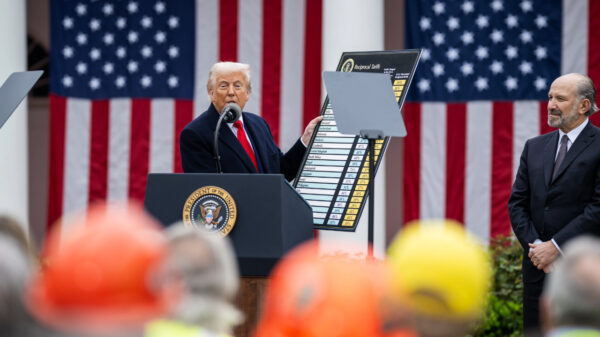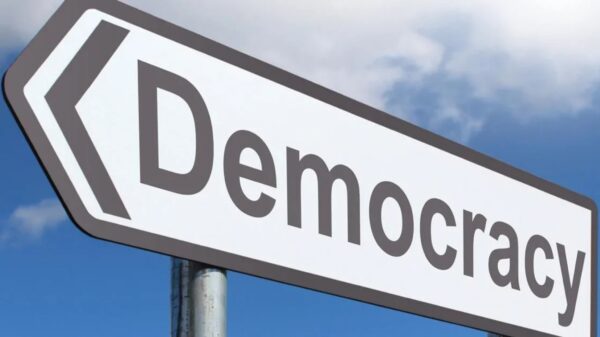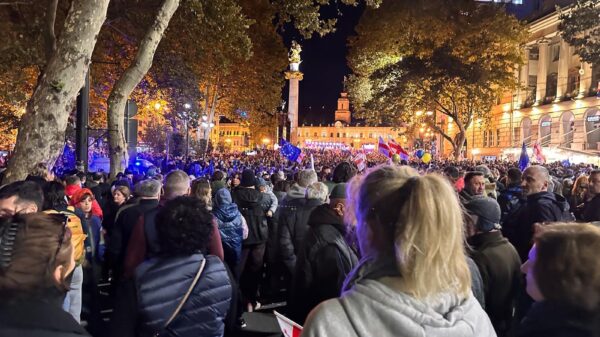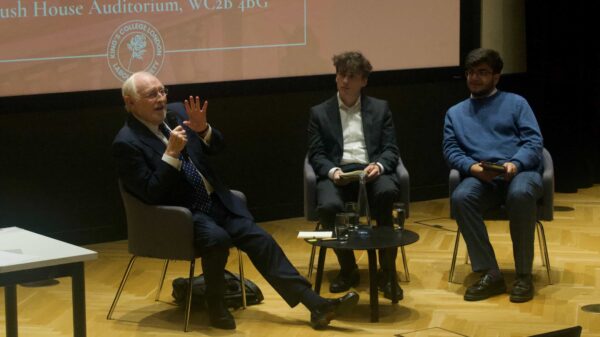Roar writer Julia Hoffmann on the last EU Presidential election and how current systems are failing the organisation’s tenet of democracy.
In 2012, the EU was awarded the Noble Peace Prize for “over six decades contributed to the advancement of peace and reconciliation, democracy and human rights in Europe”. Even the EU’s harshest critics cannot deny that it has ushered in an era of peace for the continent and stands up for democracy and freedom all over the world. Is it compatible with these ideals, then, that the European Council – the heads of its 28 member states – saw it fit to scrap the only democratic vestige left in the election process of the President of the European Commission?
The previous election of the President of the EU’s executive branch saw a new system introduced for the election of this position: the unofficial Spitzenkandidat system. Each European party nominated a “Spitzenkandidat” – the person they want to see as President – and the candidate of the party with the most seats after the election was appointed President. The European Parliament, coincidentally the only body directly elected by the people, approved this system in a vote to ensure the President of the executive branch is quasi-democratically elected, not chosen only by the heads of states in private negotiations as was done previously.
After 2019’s European Parliament Elections, the two leading candidates were group leader of the European People’s Party (EEP) Manfred Weber and First Vice President of the European Commission Frans Timmerman, who ran as the candidate of the Party of European Socialists (PES). As the EEP won the most seats in parliament, Manfred Weber was poised to become President of the Commission. After weeks of negotiation and deadlock within the European Council, however, he was dropped as candidate, perceived as too inexperienced in high-level positions. Critics also worried that he could not unite the different blocs within parliament.
Frans Timmerman was next on the list. As the Visegrád Group, the Czech Republic, Hungary, Poland, and Slovakia opposed his bid for Commission President, however, Timmerman was also out of the running. As Vice President of the Commission, Timmerman had been a supporter of the investigations into Poland and Hungary concerning their breaches of EU values, losing him their support.
After both Spitzenkandidaten had been eliminated, the President of the European Council proposed three further candidates for the post, including former German Secretary of Defence and EEP member Ursula von der Leyen. After being nominated by the European Council, von der Leyen was confirmed in Parliament with a majority of just nine votes, failing to secure a stable majority of 400. Her main support came from her camp, the centre-right, and liberal groups; she faced opposition from green and left parties. The socialist party was split on her, as she had made concessions to them before the vote, but her appointment also violated the Spitzenkanidat system.
The question remains, however: just how democratic was this process? Though von der Leyen was approved by a democratically elected body and her appointment does not violate EU rules, she was not elected by the people, so her appointment lacks democratic legitimacy. Even if she is the best thing that could have happened to the EU, I would argue that her democratic illegitimacy is an issue the Union cannot afford to repeat. The EU has always presented itself as a beacon of democracy; an honest, just, and transparent institution. Can it continue to do so when its election structures are so fragile and undemocratic?
The Spitzenkandidat system is by no means perfect, and has seen justified criticism: it precludes the President stemming from the EEP or the PES and may hinder the most competent person with the ability to unite different factions from becoming president. However, scrapping the entire process and having the European Council determine which candidate suits them best leads right into the trap the EU always finds itself in: the heads of states monopolizing all the power in the EU.
While there may be a perfect solution for a democratic election of the President of the European Commission, it has not been found so far. In the meantime, the options are either the Spitzenkandidat system or having the European Council choose their favourite candidate. Given that choice, is not having even a bit of democratic legitimacy better than having none at all?















